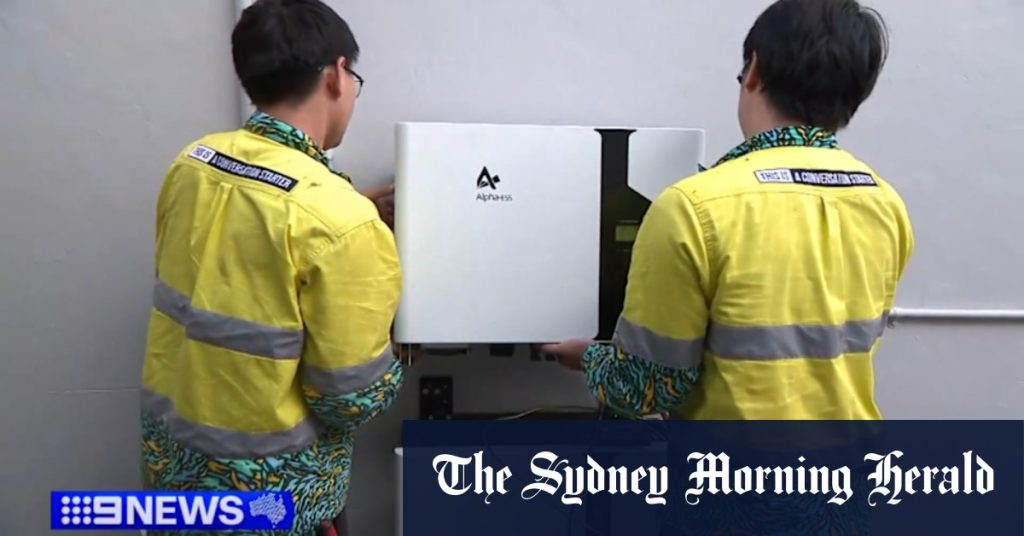Solar Battery rebate scheme in Western Australia: Concerns galore
The federal government has recently announced a solar battery rebate scheme in Western Australia (WA), which is designed to incentivize and support renewable energy upRé.j oppression including Solar energy. While this initiative aims to lower costs and increase energy independence for eligible households and businesses, concerns haveSurface anered in WA residents and business associations over the details of how these rebates will be calculated and applied.
The scheme, which announced on June 4, 2025, could be a game-changer for those seeking sustainable energy solutions. However, the confusion surrounding the rebate amounts and eligibility criteria has left many questioning the purpose and practicality of these rebates. Many residents are concerned that the government will not unexpectedly increase the rebates to make up for the genuinely beneficial nature of the scheme. Others are frustrated by the lack of transparency and clarity in the rewards that will apply to their solar energy projects.
Despite some initial hurdles, the government has launched Phase 1 of the initiative, offering rebates to non-significant individuals and small businesses. However, many businesses are already considering how to utilize these rebates maximally, given the increasing reliance on solar energy. Companies also worry about the potential for additional fees or delays in the phase, which could affect their bottom line.
Another source of confusion involves the potential overlap with government incentives for competing initiatives, such as direct support for batteries and electric vehicles, known as the Battery-in-Government scheme. Some businesses and individuals are concerned that this mainstream scheme may overshadow more targeted programs aimed at fitting solar energy into broader financial tools. Additionally, there are allegations of higher-than-plied rebates aimed at encouraging battery replacement, further complicating the issue.
Despite these challenges, progress has been made on the ground. More than 25,000 households and approximately 5 million businesses have already received Phase 1 rebates, demonstrating the potential of the scheme to reduce reliance on individual costs. However, genuine supporters say further expansion is needed to bring the venture capital and private sector into the scheme.
Overall, the solar battery rebate scheme in WA is facing significant challenges, from lack of clarity to potential resistance from stakeholders. However, the government has taken_context to address these concerns, with Phase 1 already acquainting many individuals and businesses. As the scheme continues to receive the support of the public, it is clear that widespread adoption needs to happen before the full rollout can begin. The confusion over the rebates is currently leading to uncertainty for some, but the path forward holds promise for fostering a cleaner and more reliable energy future.
In the meantime, residents and businesses are encouraged to research their eligibility and the exact rebates they may qualify for.










